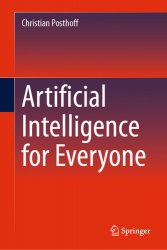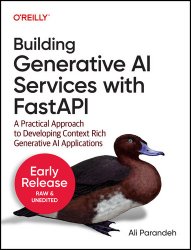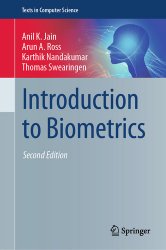 Название: Artificial Intelligence for Everyone
Название: Artificial Intelligence for EveryoneАвтор: Christian Posthoff
Издательство: Springer
Год: 2024
Страниц: 224
Язык: английский
Формат: pdf (true), epub
Размер: 28.4 MB
This book demystifies the topic of Artificial Intelligence (AI) for readers of varying backgrounds. The content should enable many people to discuss and follow ongoing developments in an informed way, to draw conclusions for their own life and workplace and to acquire the necessary new knowledge. The book strives to provide basic knowledge that will objectify the discussions and relieve some of the creepiness of utopian films. It must also be understood that research results are a necessary condition for progress; they are not sufficient until they can be translated into practice embedded in programs. This difficult relationship between theory and practice has been known for a long time.
Artificial Intelligence (AI) is considered to be a key technology by industry and scientists. AI means the possibility of a computer to solve problems that, done by human beings, requires human abilities such as thinking, learning, planning, and being creative. Computers are able to observe their environment and have the ability to reach a certain target. They can analyze situations that already have been met and adapt their solutions more and more, until to a level that is higher than the level of human beings. They are not in a competition to human beings, but they give them support which very often reduces the required time, and reduces the costs required to eliminate the problem.
Machine Learning (ML) shows at present the most successful performance. A computer system will learn by solving the problem as often as possible based on the outcome of several situations. It is Important that there is no solution path modelled within the algorithms; the computer analyzes the data and results on its own. Very successful is the combination of robotics and intelligent computer systems. Since Machine Learning is already a well-established area of research and implementation (i.e., robotics), several other applications are under consideration and of growing importance for all kinds of implementation.
The book offers a basic knowledge about AI. After a definition of intelligence, it starts with an extensive tour of the history of AI. It considers both the software and the hardware aspects.
An overview of the combination of Computer Science and mathematics. The presentation is very understandable, especially for non-scientists; they are a sound foundation for further application.
The book serves as a generally understandable source of information and is very much recommended.
Contents:
Скачать Artificial Intelligence for Everyone
[related-news] [/related-news]
Комментарии 0
Комментариев пока нет. Стань первым!
















